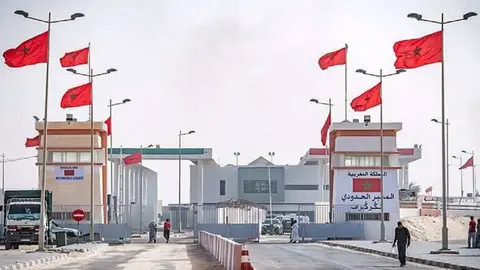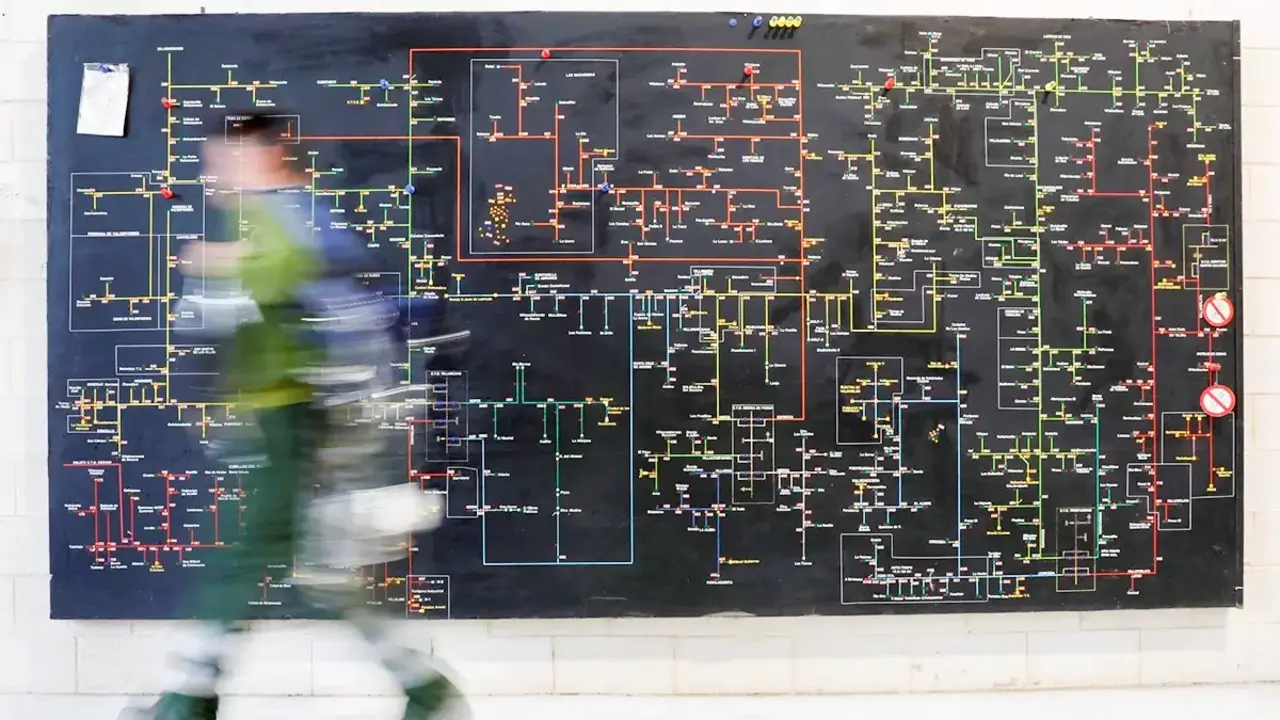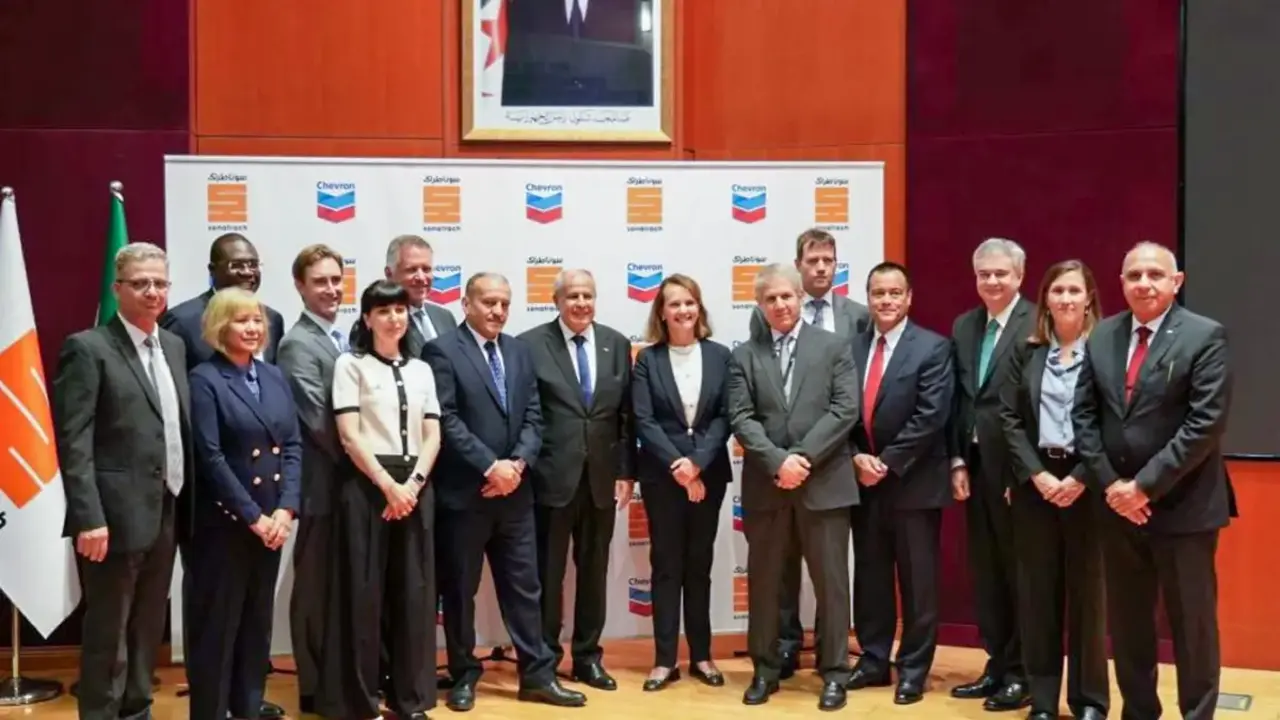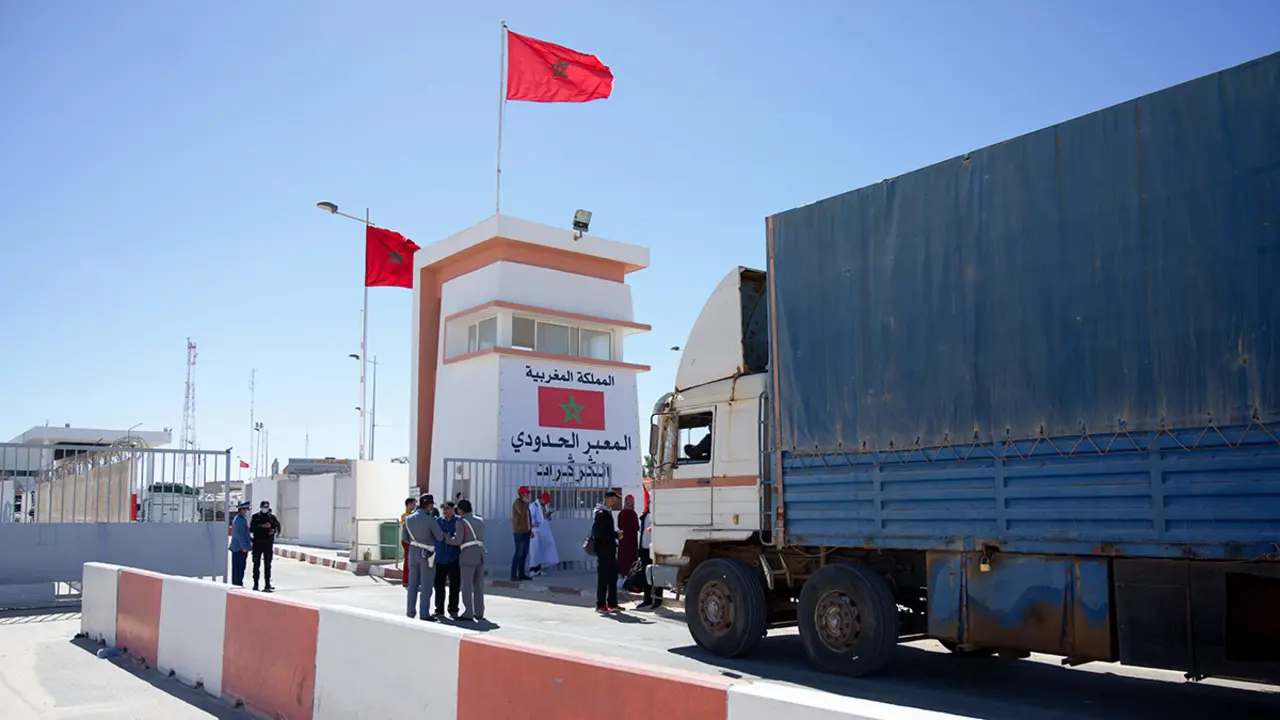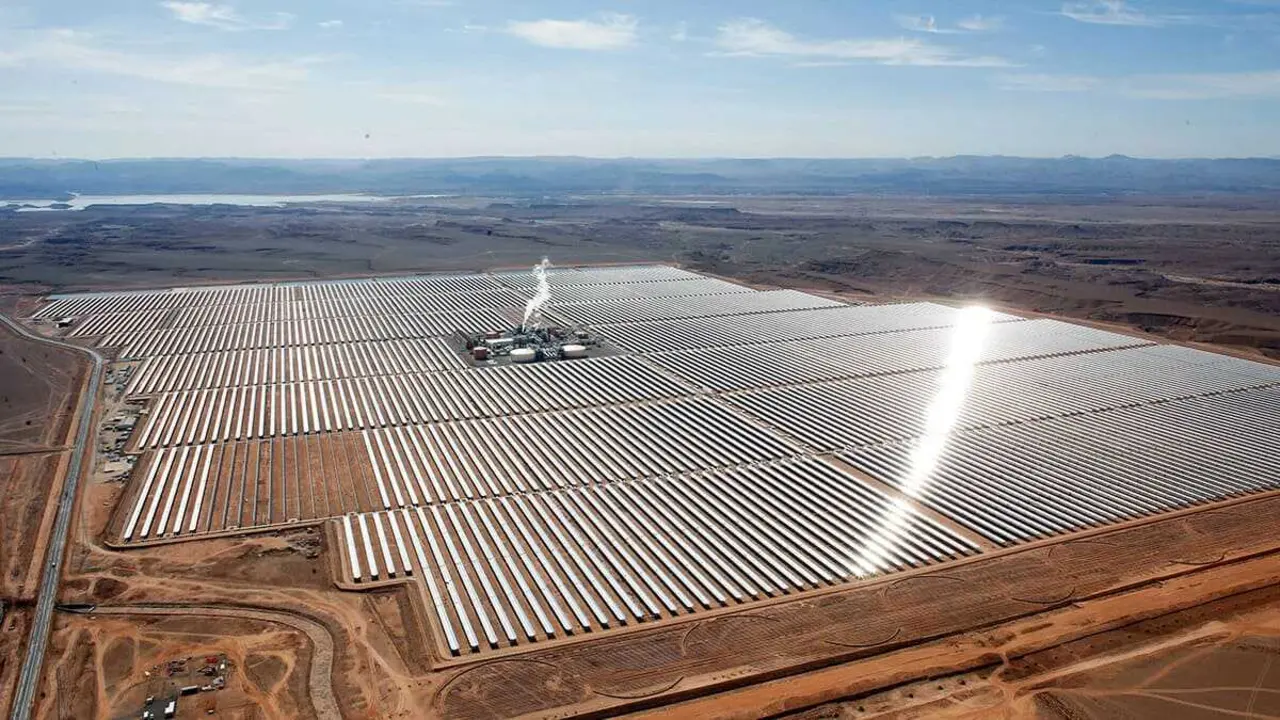Mauritania's protectionism affects products from Morocco
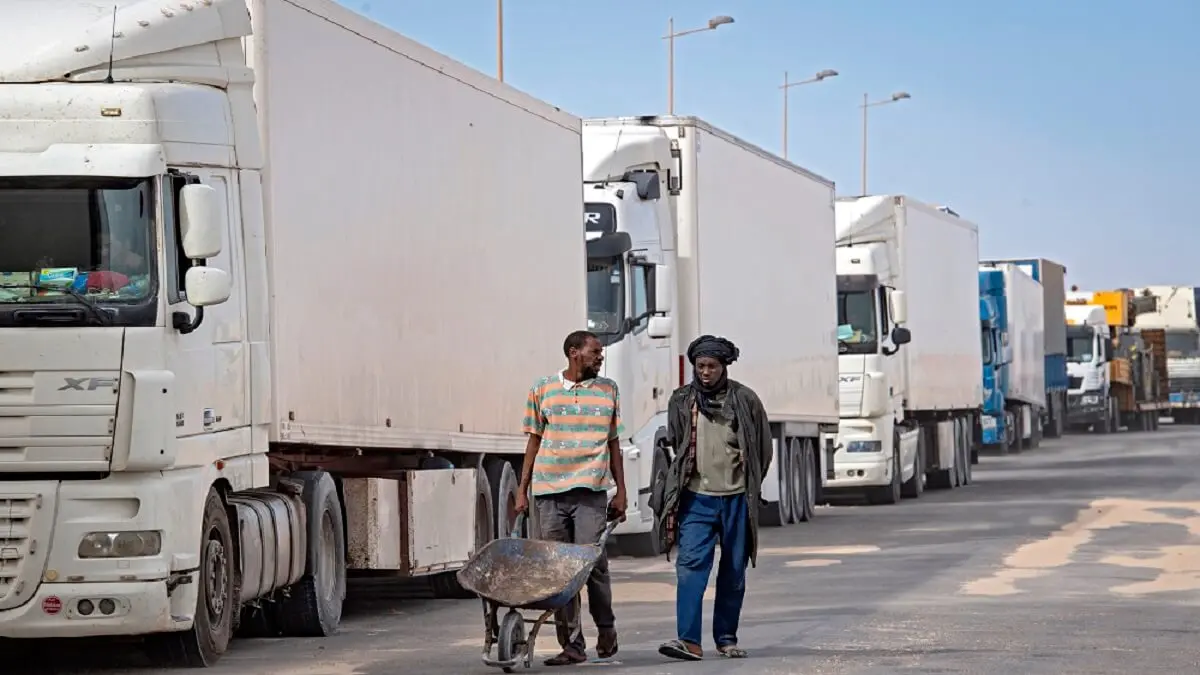
The protectionism that Mauritania is applying at the request of national producers who urged the government to protect their products is having a major impact on products from neighbouring Morocco.
Thus, several Moroccan lorries are blocked at the border with Mauritania at the Guerguerat pass due to the increase in customs duties decreed by the Mauritanian authorities as a result of this protectionism, which affects the import of fruit and vegetables from Morocco by land through the Guerguerat pass, located to the south of Western Sahara and which connects the two countries.
Several Moroccan lorry drivers who transport vegetables and fruit daily to Mauritania and West African countries have been blocked for days at the Guerguerat border crossing after being warned of the increase in Mauritanian customs duties on these products.
Moroccan transporters are not distributing goods through the Guerguerat crossing because of this tax increase ordered by the Mauritanian executive, a decision to increase taxes that was criticised by the Mauritanian Consumer Protection Forum, which issued an official note stressing that the tax increase "caused a rise in prices and aggravated the suffering of citizens".
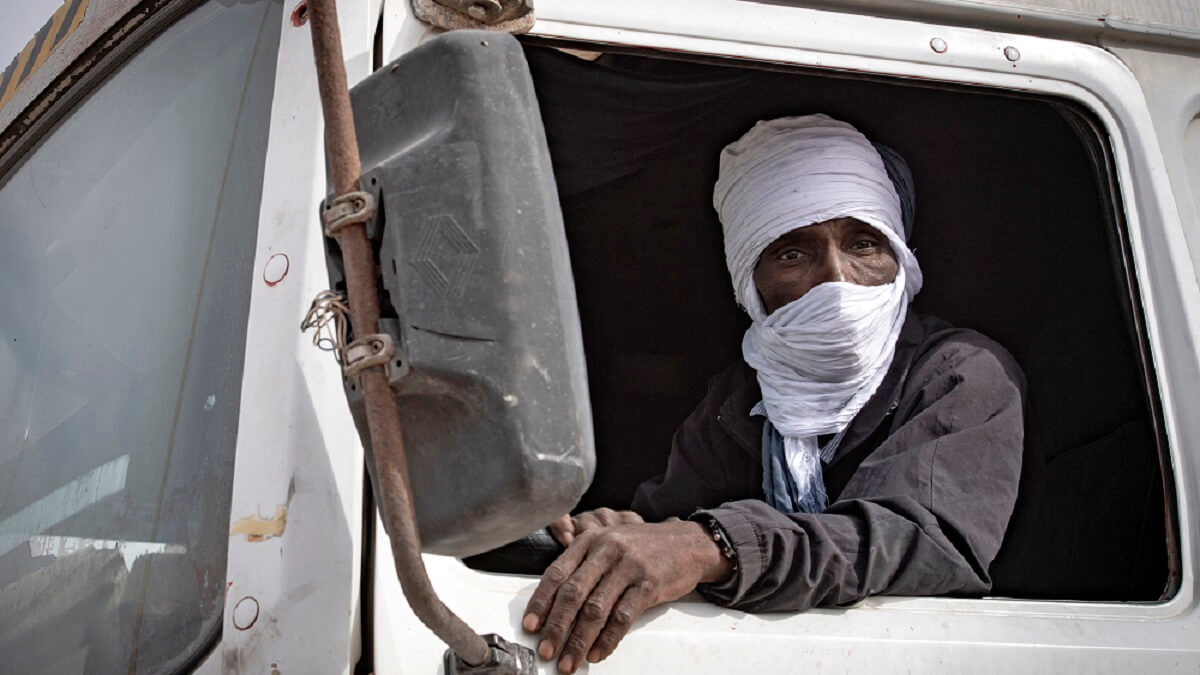
Mauritanian consumers affected
As market logic dictates, if there is less supply of goods and demand is maintained, then prices go up. Indeed, if the government of Mauritania has increased these customs duties, which has a detrimental effect on the entry of Moroccan products, then Mauritanian consumers have less supply of products and, therefore, prices may tend to rise.
The Mauritanian Consumer Protection Forum pointed out in the official communiqué that Mauritanians' purchasing power is affected by the price increase and calls on the authorities to "take urgent measures to protect consumers' rights". Moreover, Moroccan products are often of a higher quality than Mauritanian products, and this is also detrimental to local consumers, who are deprived of these other options when it comes to purchasing choices.
This affects Mauritania and other West African nations, the destination of Moroccan products crossing this border customs post between Morocco and its Mauritanian neighbour. A large proportion of Moroccan vegetables and fruit entering Mauritania are destined for West African markets, but a significant amount is sold on the Mauritanian market.
The Mauritanian authorities have not made an official statement, but the measure responds to the demands of local producers who asked the government to protect their products from foreign competition, according to various media outlets such as El Faro de Ceuta.
This comes at a time when the Mauritanian authorities have increased customs duties by 171%, which mainly affects the Guerguerat border crossing, a key link between Morocco and Mauritania. This situation is undesirable and has a negative impact on trade.

Conflict zone
The Guerguerat crossing remains a conflict zone. In addition to the current problems of distribution of Moroccan transporters, there is the insecurity that the area has suffered at various times in recent years.
This unstable situation has to do with the actions of the Polisario Front, which has been involved in several altercations in the area that have also affected road transport on the border between Morocco and Mauritania.
The Polisario Front is an entity that opposes Morocco for control of Western Sahara. The Alawi kingdom claims this region as its own and proposes a formula of broad autonomy under Moroccan sovereignty, respecting UN resolutions, in order to resolve the Sahrawi dispute, which has lasted for more than four decades. This initiative has the backing of many important countries such as the United States, Israel, the United Arab Emirates, Germany and Spain.
Meanwhile, the Polisario Front is calling for a referendum on independence for the Sahrawi people, which has less support, including that of Algeria, Morocco's great political rival in the Maghreb.


